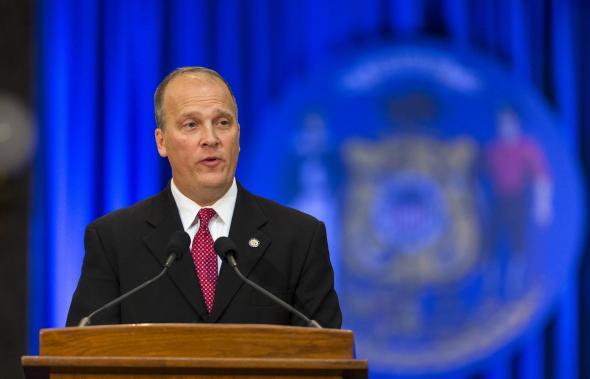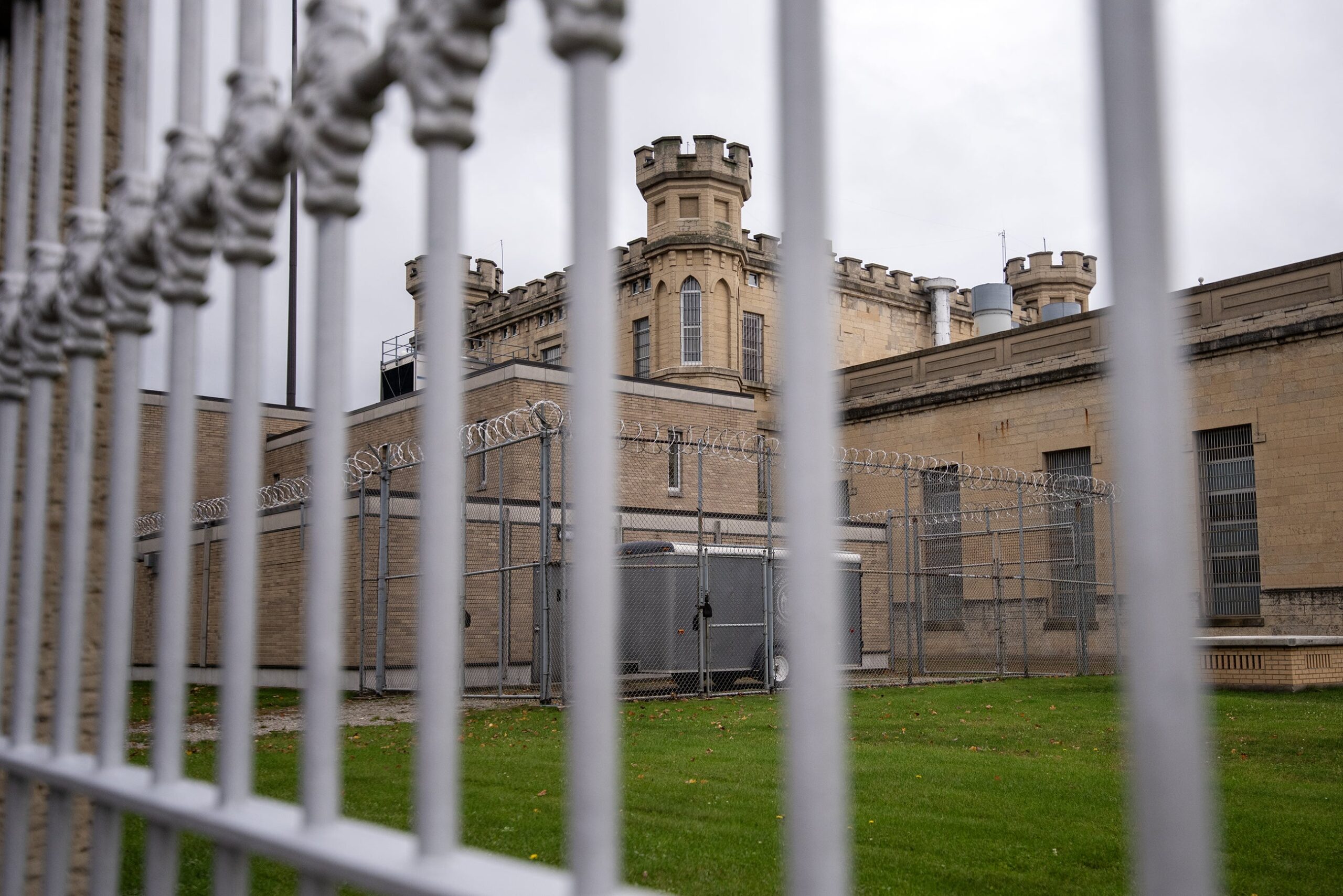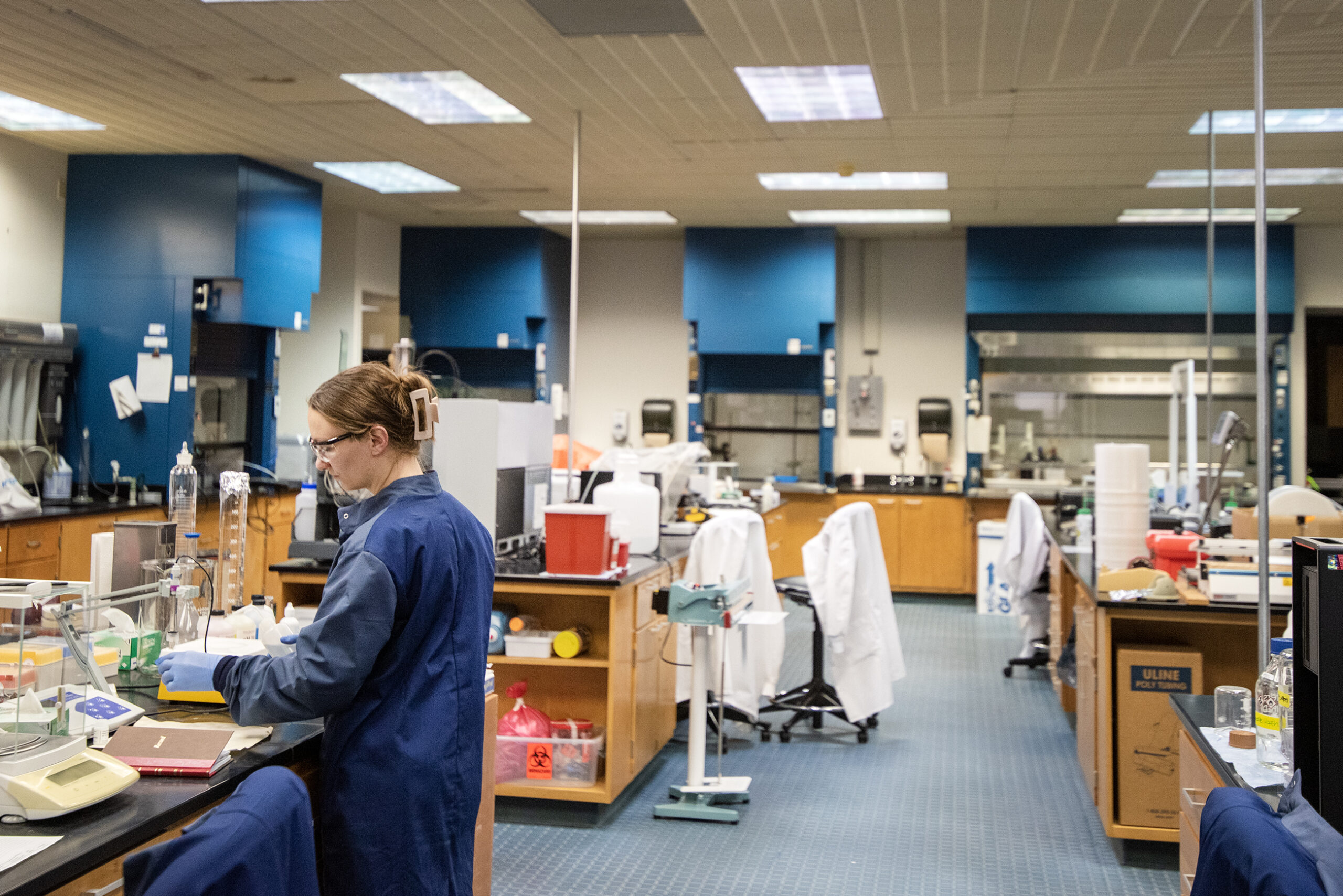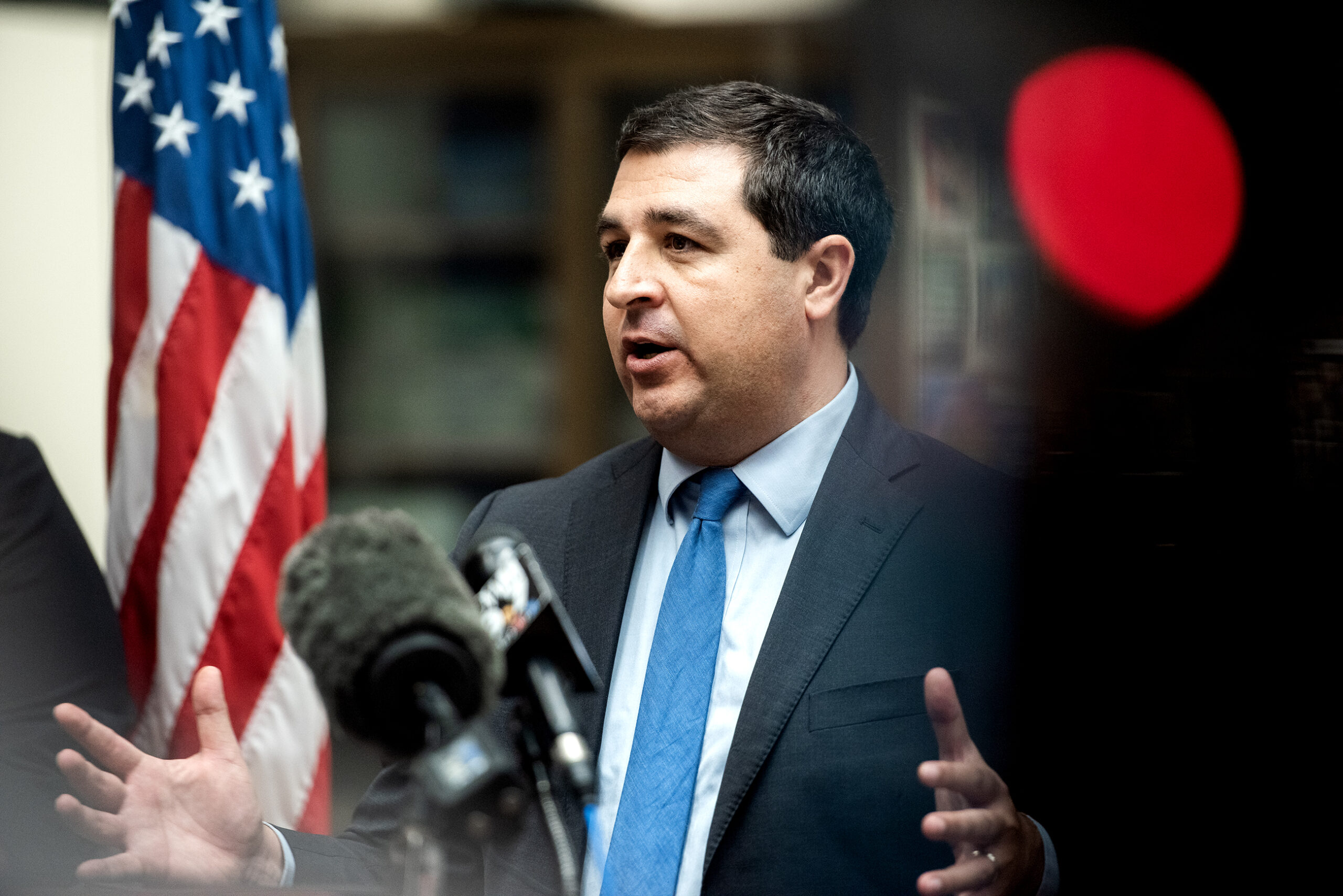Democratic lawmakers pressed Wisconsin Attorney General Brad Schimel on the state’s untested rape kits and agency spending on commemorative coins during a budget briefing Wednesday.
During the state Department of Justice’s briefing on its 2017-2019 state budget request and Gov. Scott Walker’s subsequent proposal, Schimel said there is no backlog of untested rape kits in the state.
Schimel said there are about 6,000 kits, some more than 10 years old, in state custody, but argued they shouldn’t count as a “backlog” because they’ve never been submitted to labs for testing.
Stay informed on the latest news
Sign up for WPR’s email newsletter.
“Some have characterized this as a backlog problem, and I disagree wholeheartedly with that characterization,” Schimel said. “There isn’t a backlog. Our crime lab has kept up.”
Some kits never made it to a lab because the offender confessed or the victim never consented to testing.
Rep. Katrina Shankland, D-Stevens Point, said she was troubled by Schimel’s testimony and argued any kit more than six years old should be considered part of a “backlog.”
Schimel said the state crime lab tests 800 to 900 kits a year, and about 450 kits from the backlog of 6,000 are currently undergoing testing.
K.A.E.D. Commemorative Coins
During the hours-long testimony, Sen. Jon Erpenbach, D-Middleton, also pressed Schimel on a $10,000 agency expense for commemorative coins.
The Milwaukee Journal Sentinel reported in January the agency spent that amount on 2,000 commemorative coins with the motto “Kicking Ass Every Day.”
“You think that’s a good idea?” Erpenbach asked.
“Yes, absolutely,” Schimel said.
Schimel argued the coins help raise employee morale, but said he doesn’t expect to order any more and didn’t know how much they were going to cost.
“The amount that was spent wasn’t vetted at the front office,” he said. “I didn’t know it was that much money.”
Schimel also fielded questions about DOJ not seeking financial penalties in an environmental pollution case, an ongoing court challenge to the state’s legislative district maps, and his 2016 opinion on high capacity wells regulation.
Agency briefings will continue Thursday.
Wisconsin Public Radio, © Copyright 2024, Board of Regents of the University of Wisconsin System and Wisconsin Educational Communications Board.






